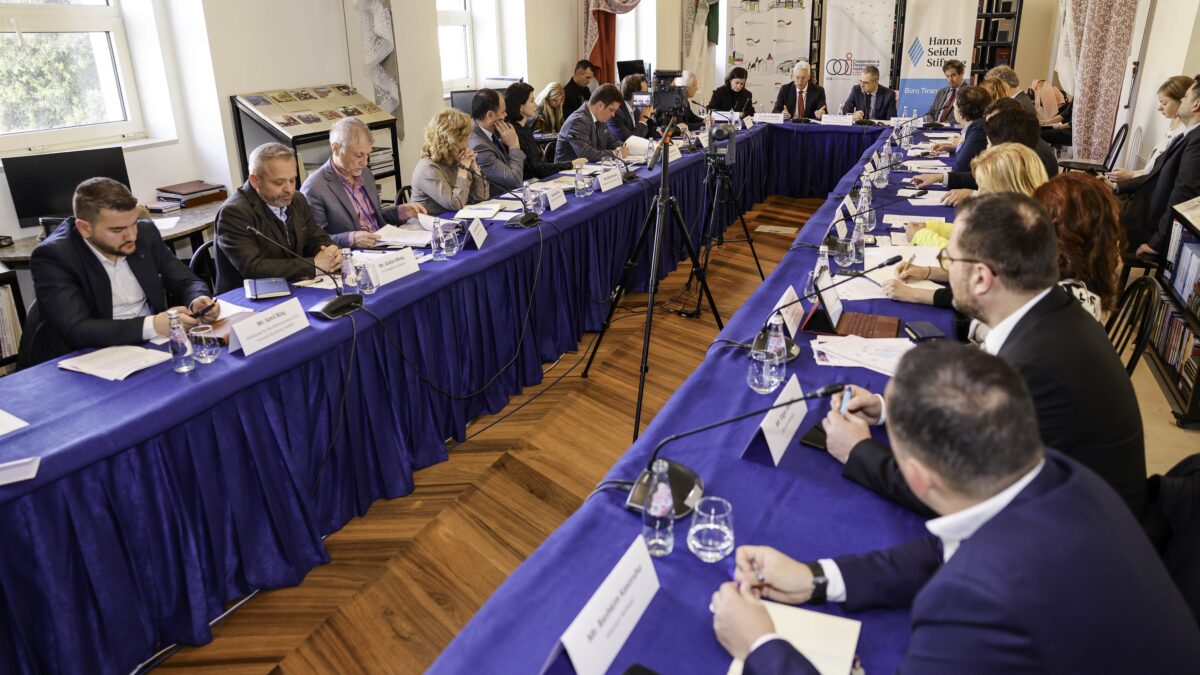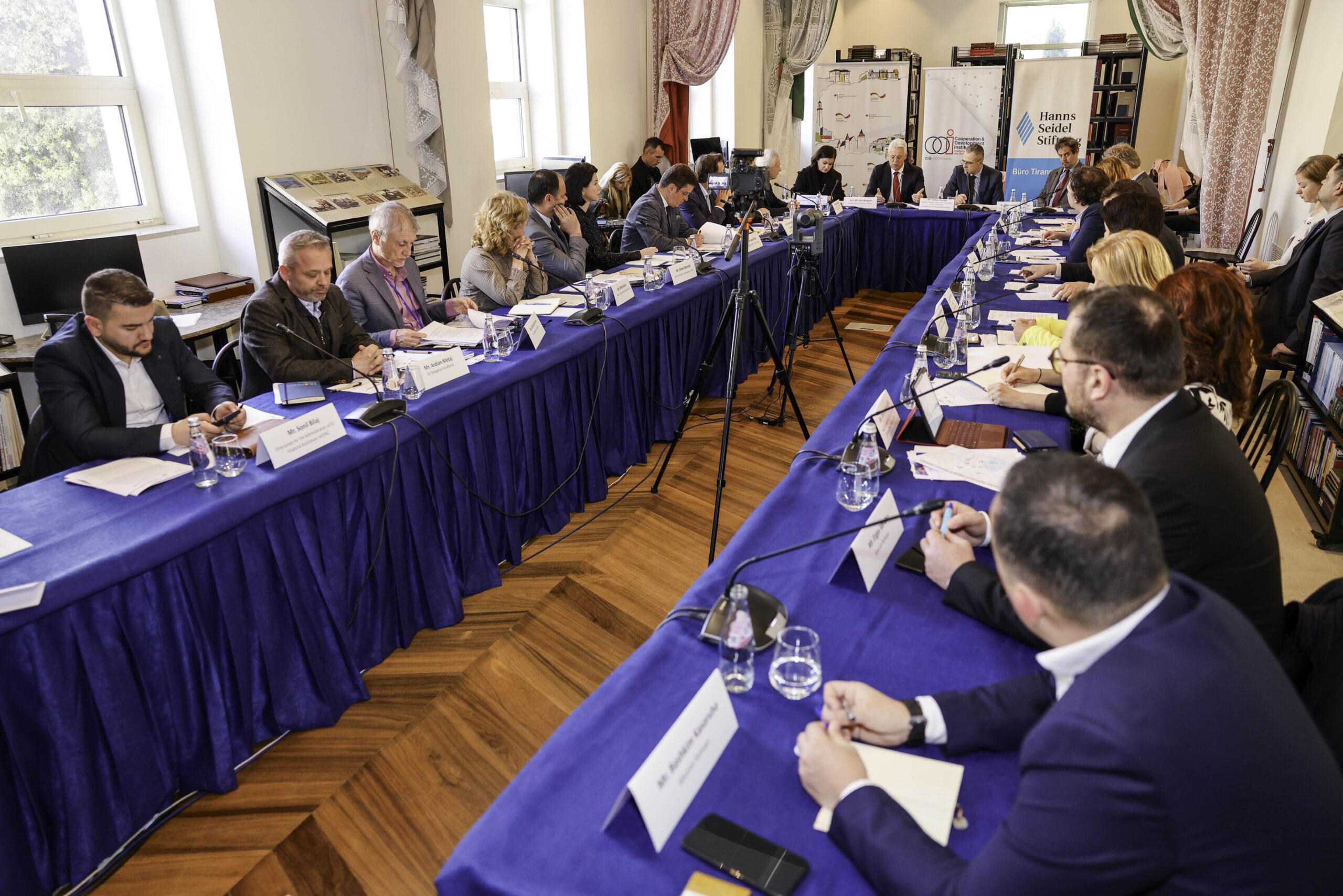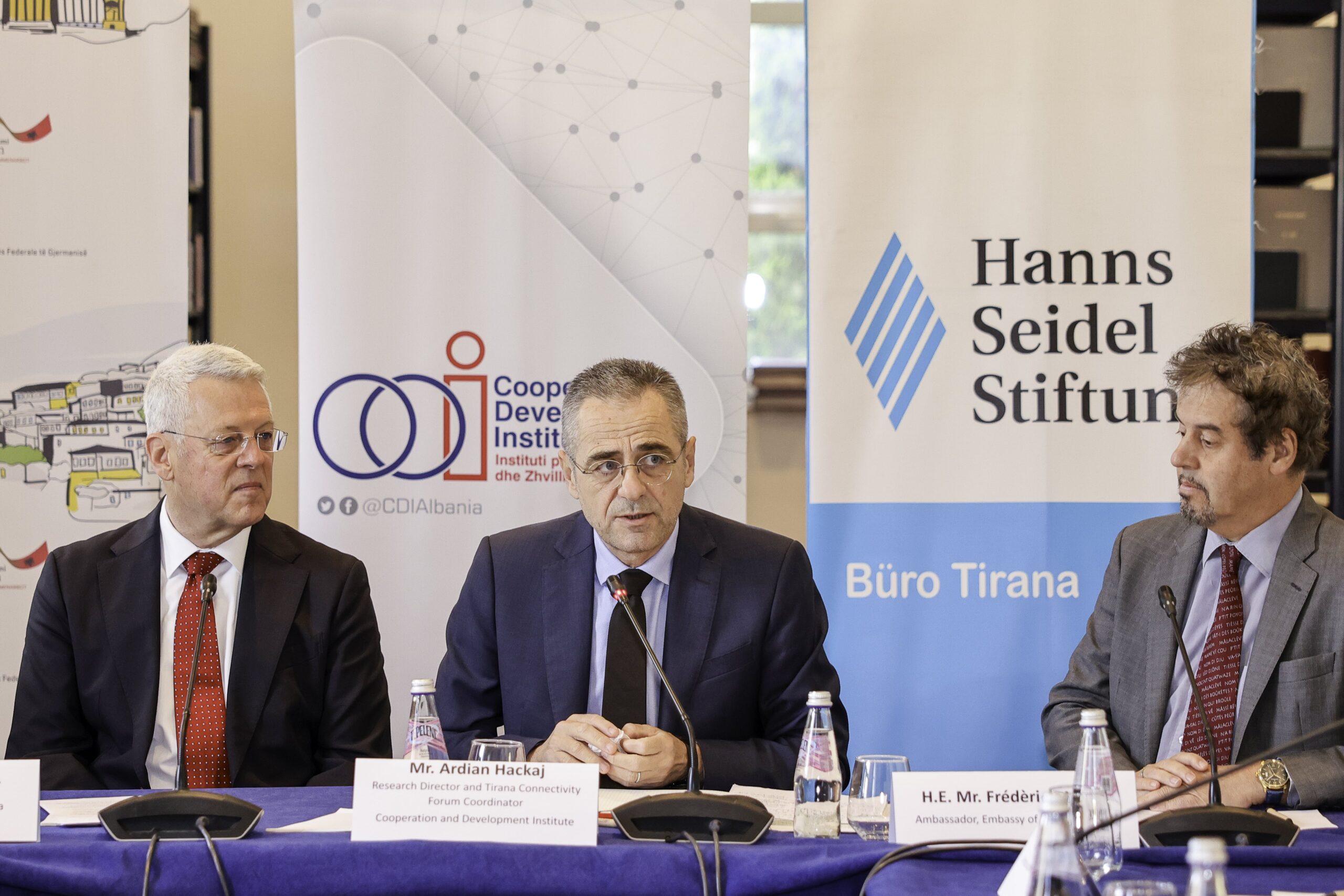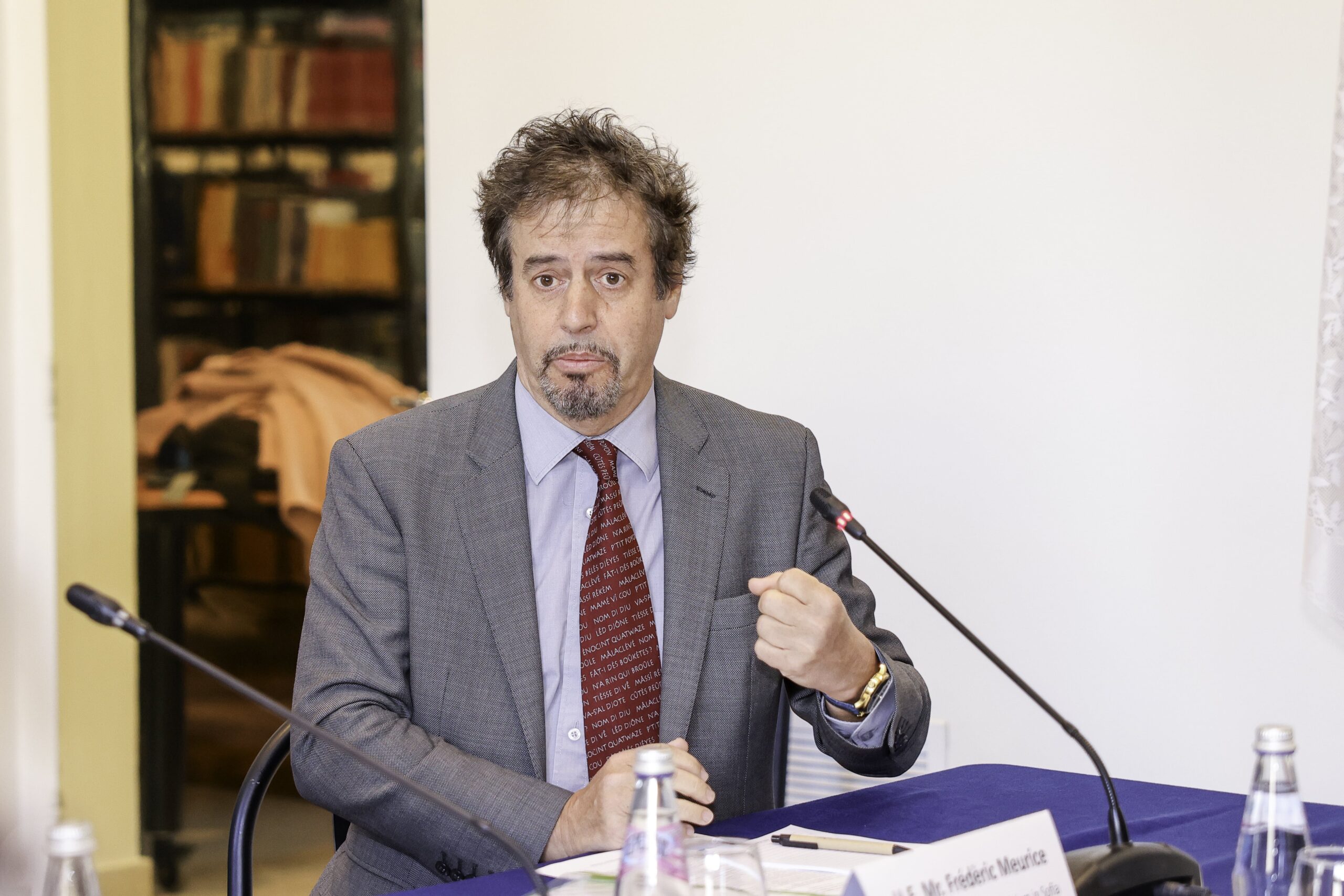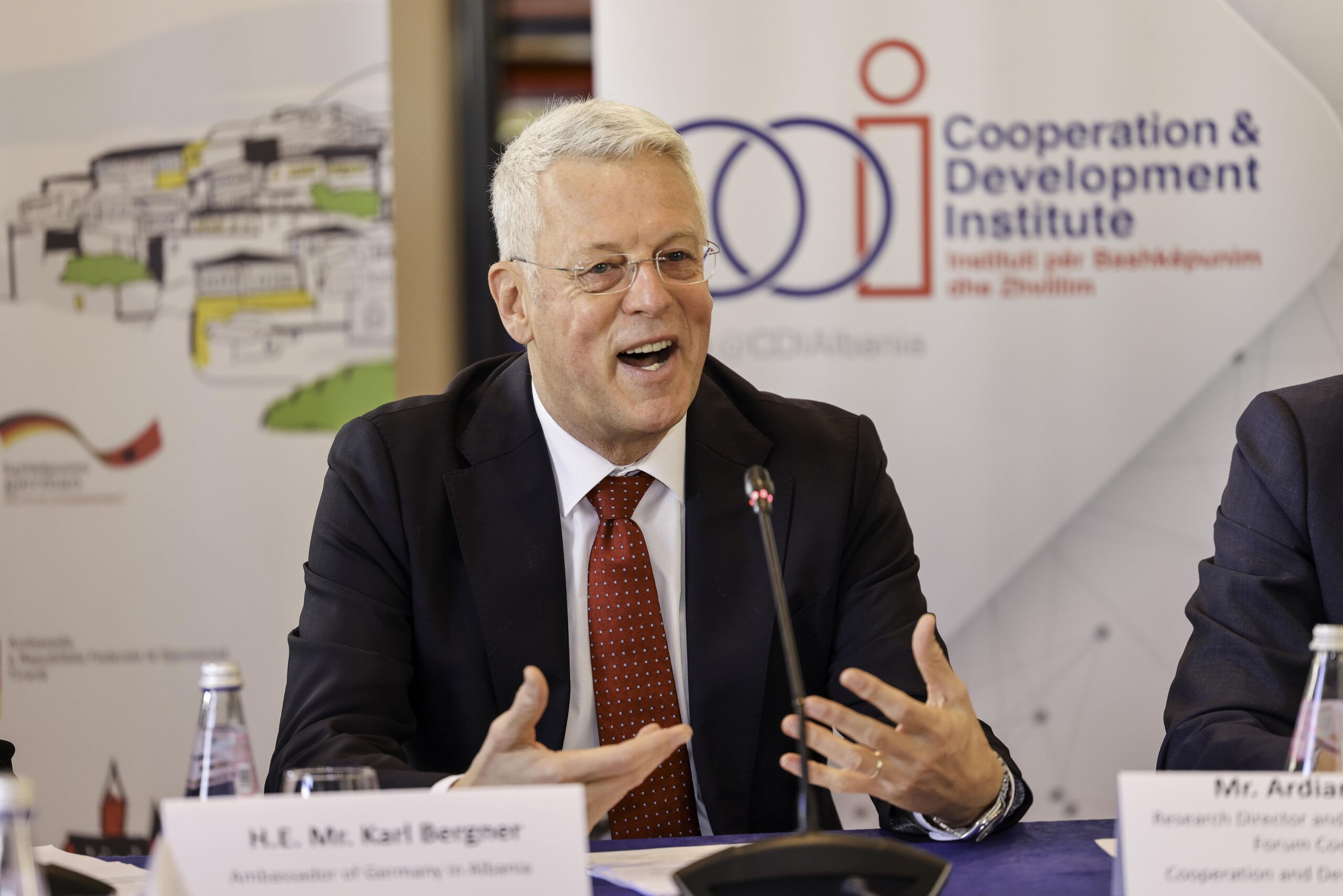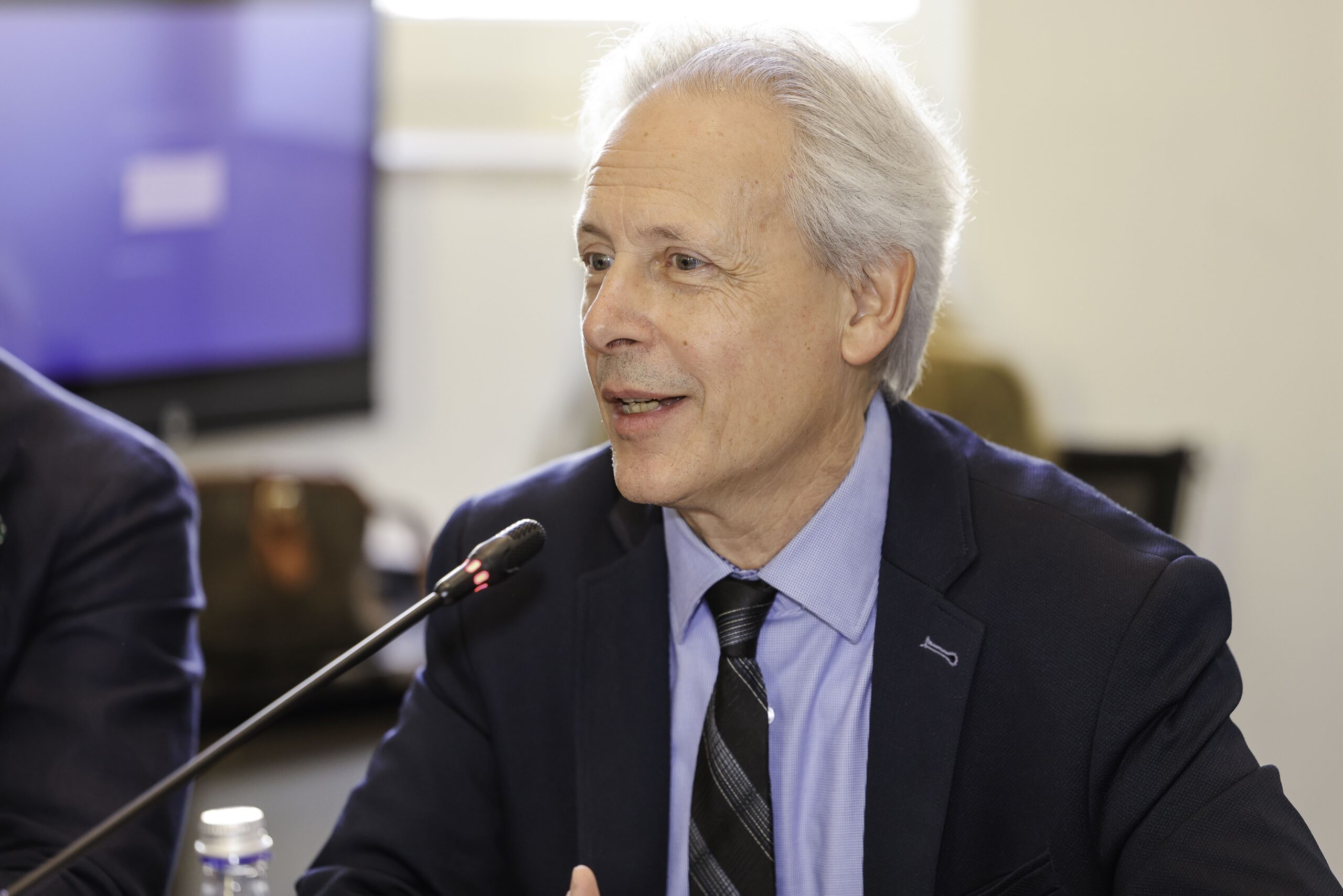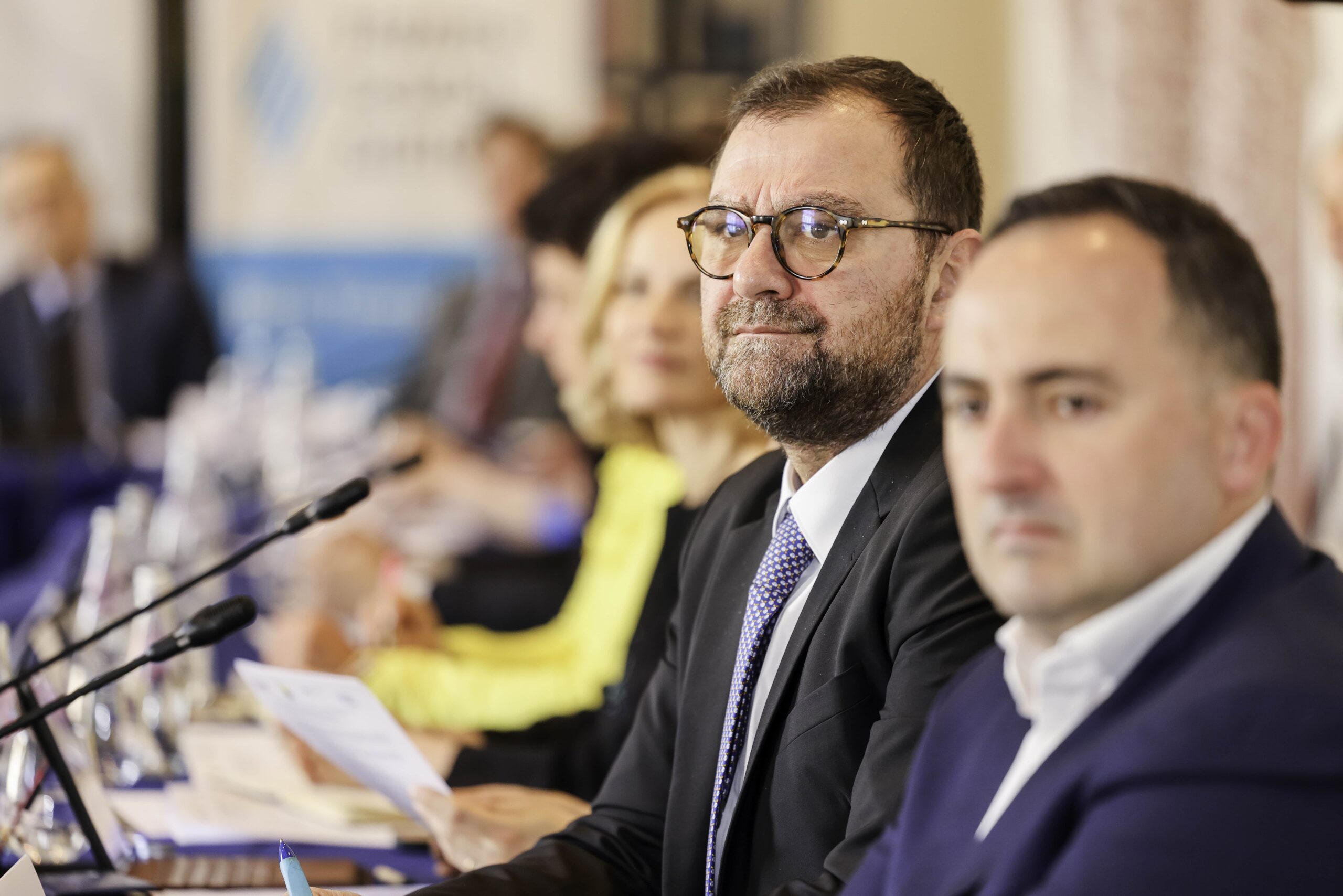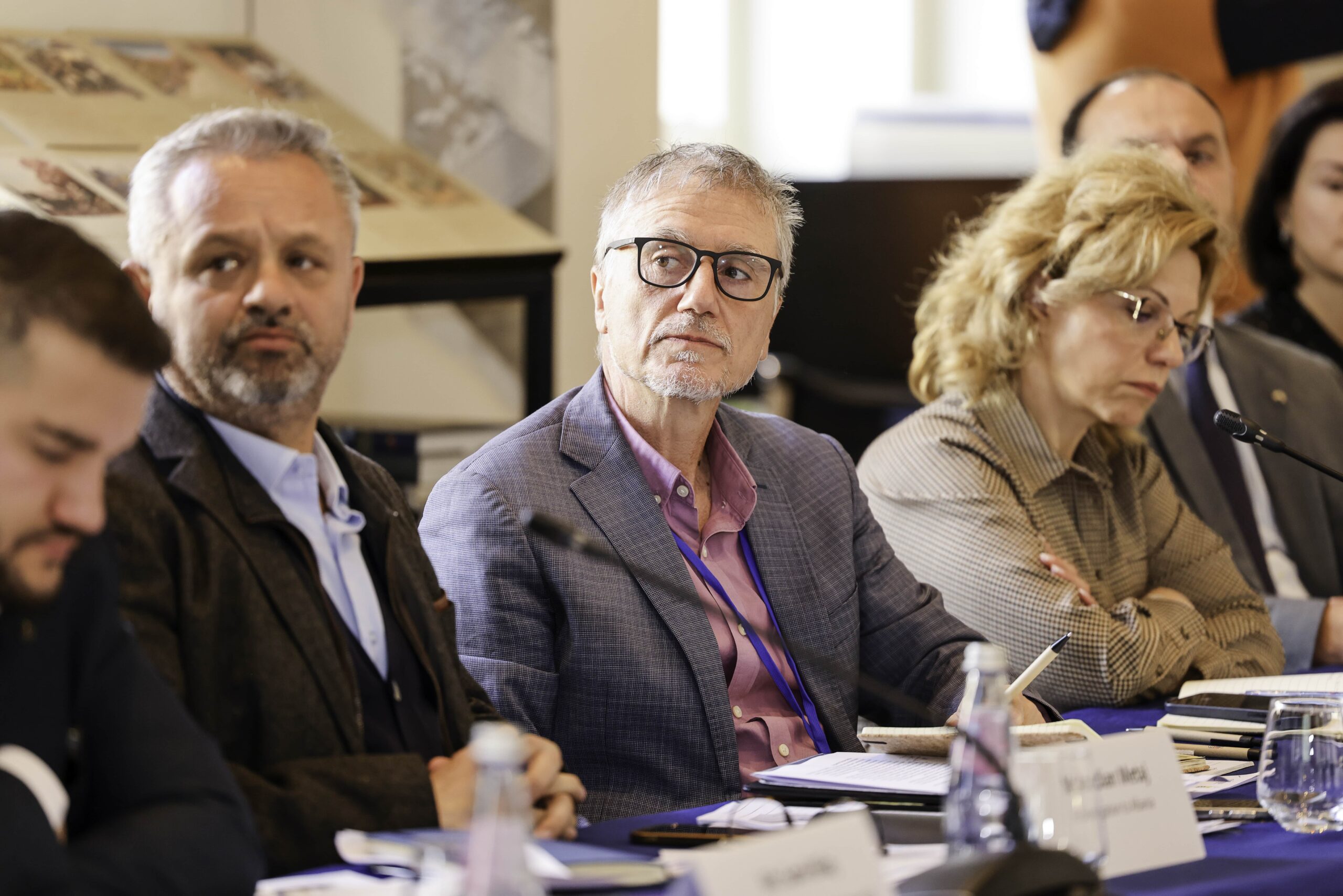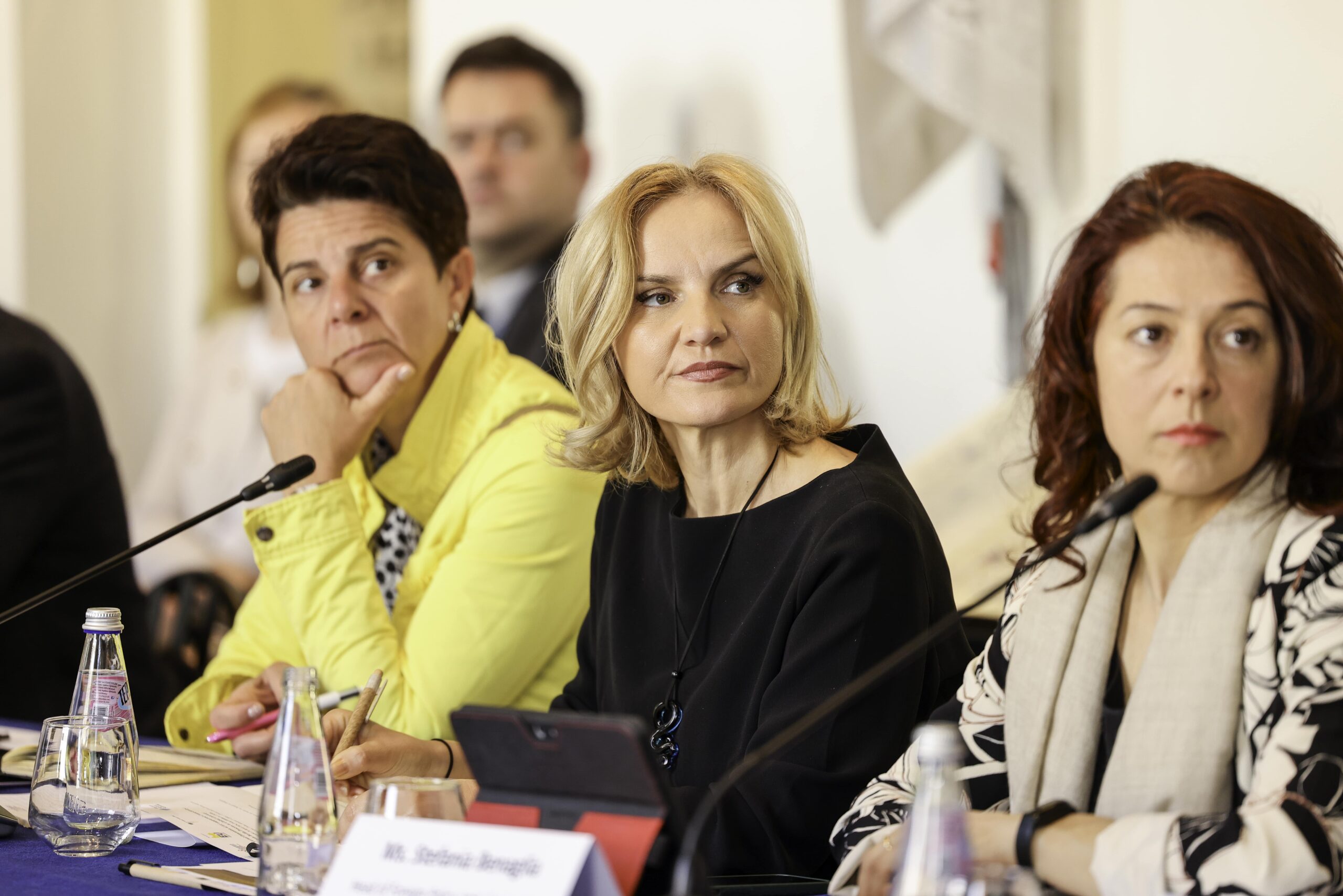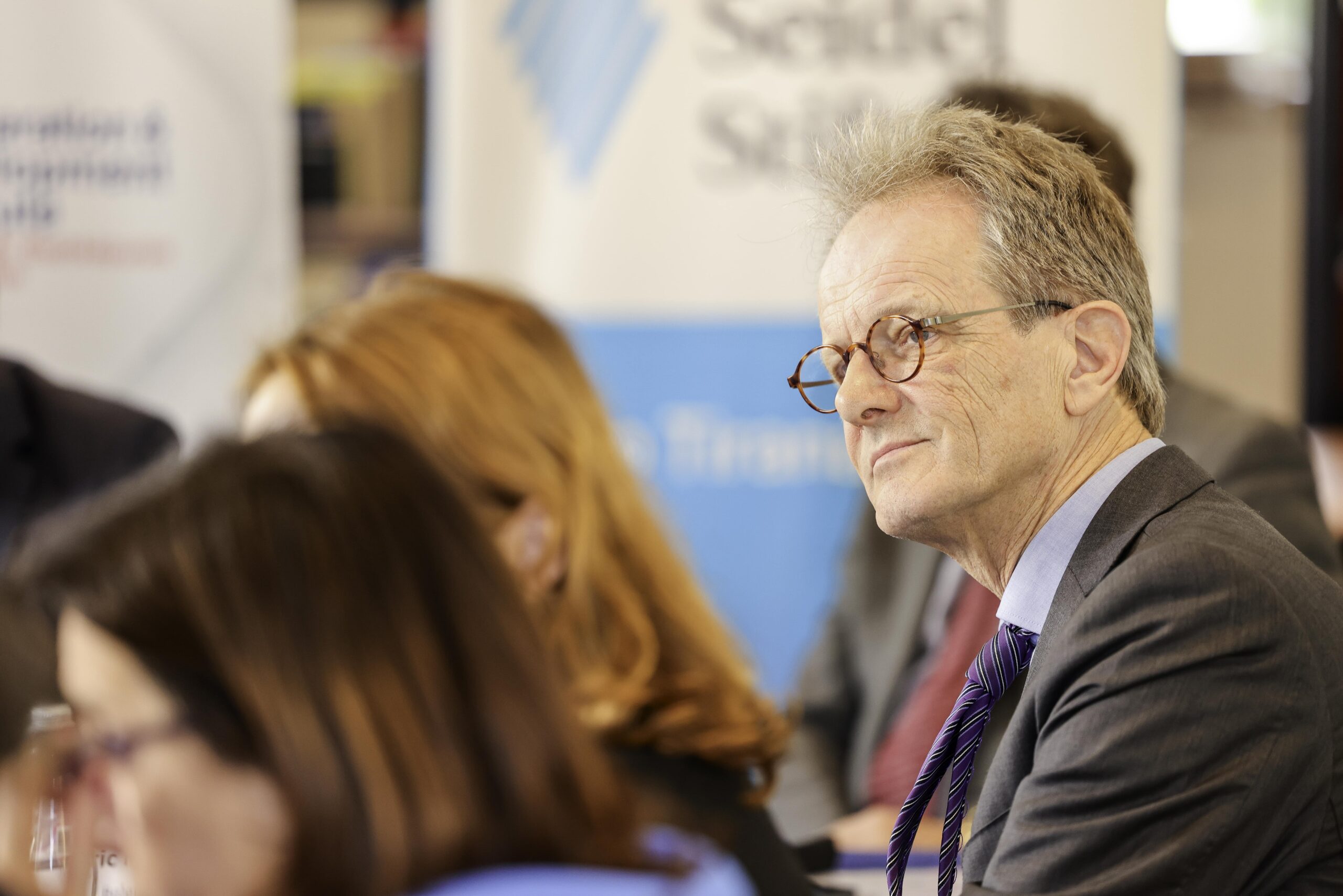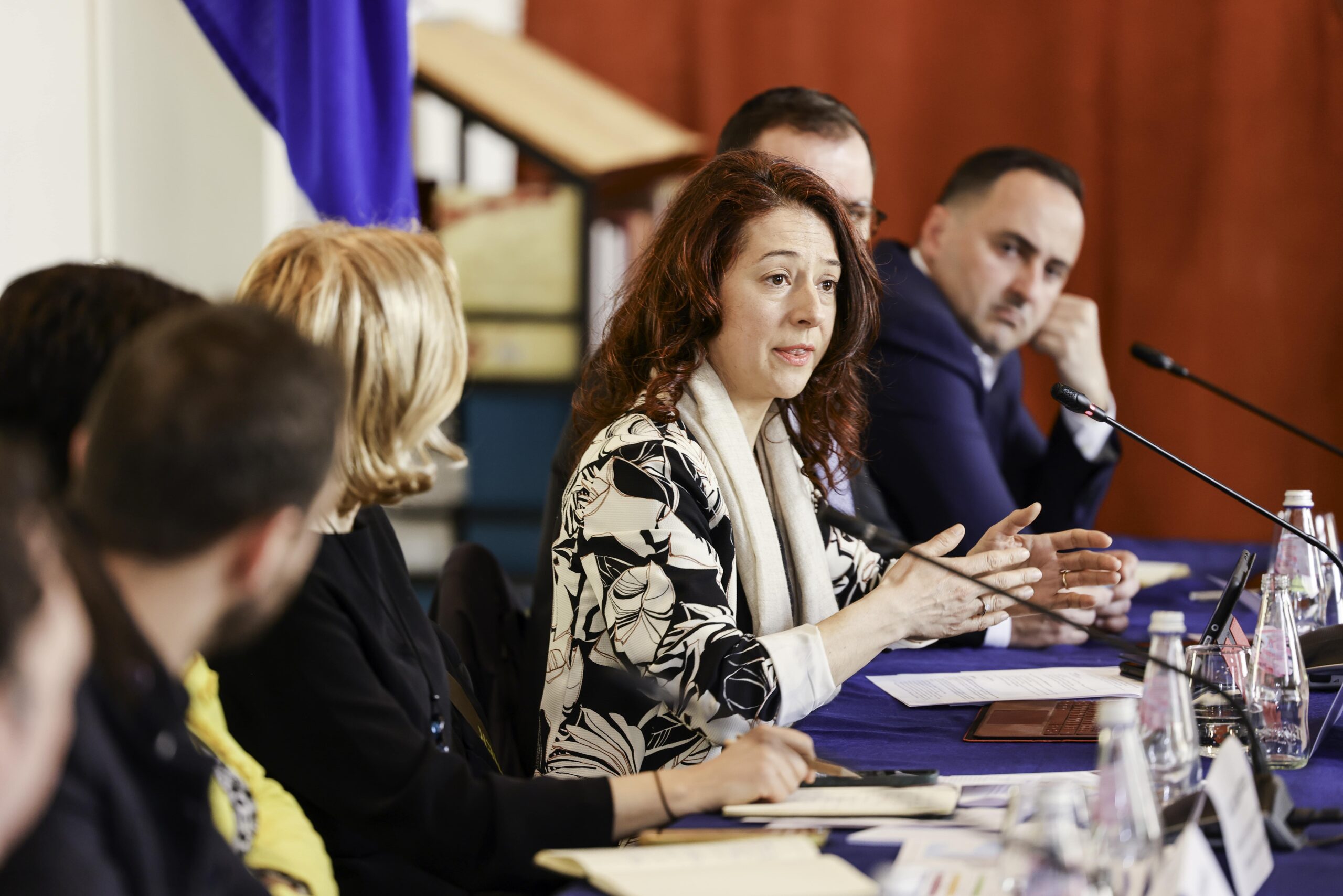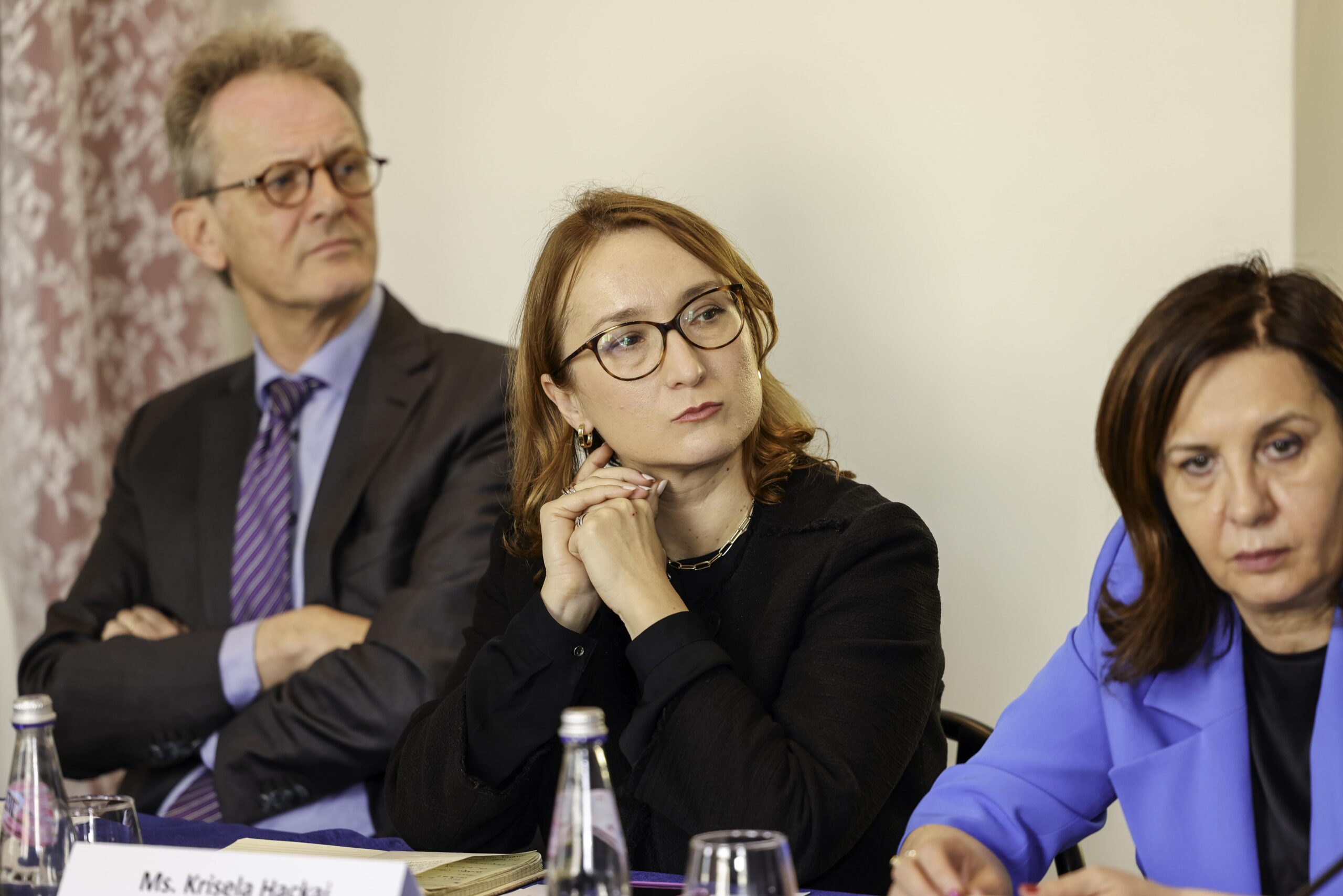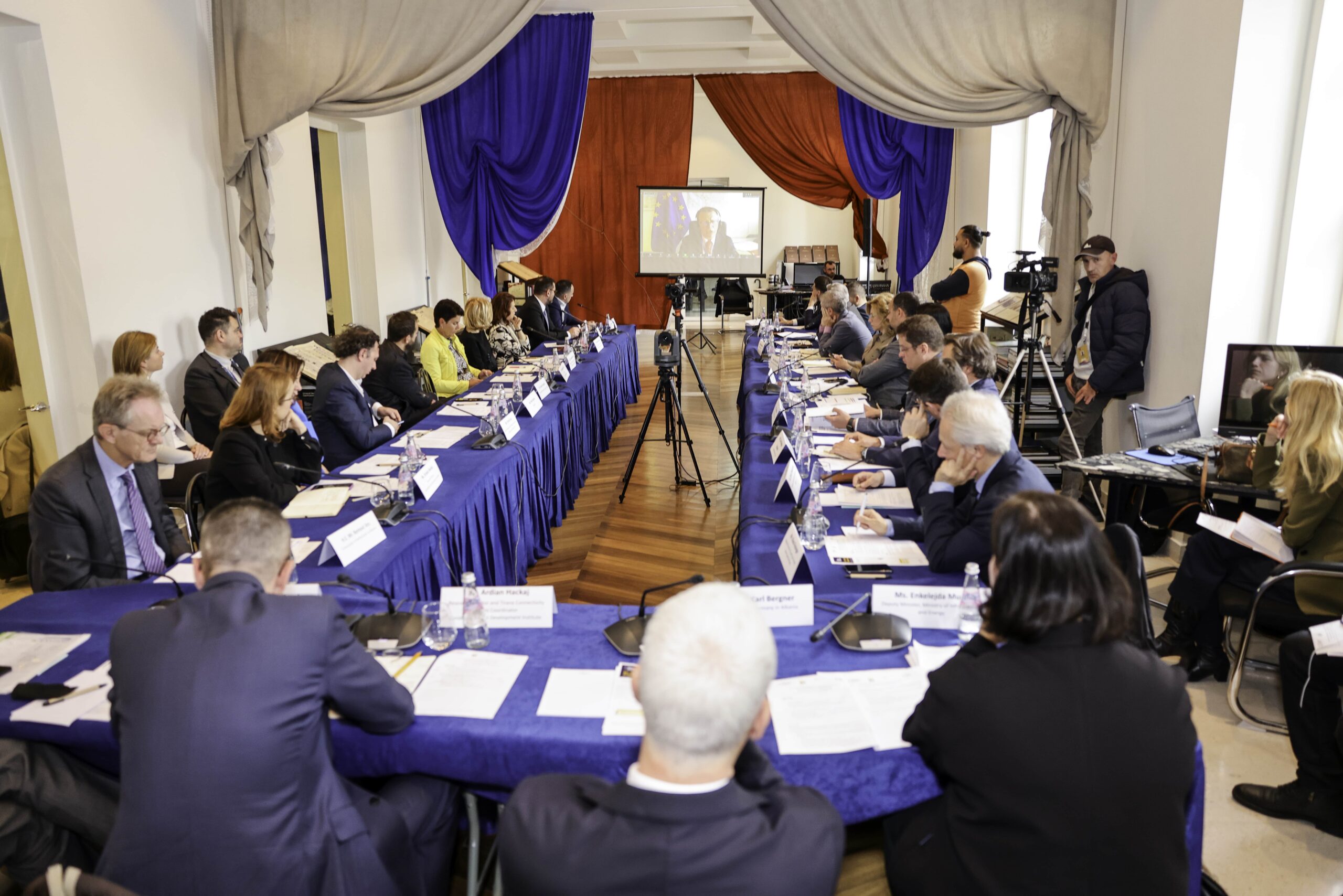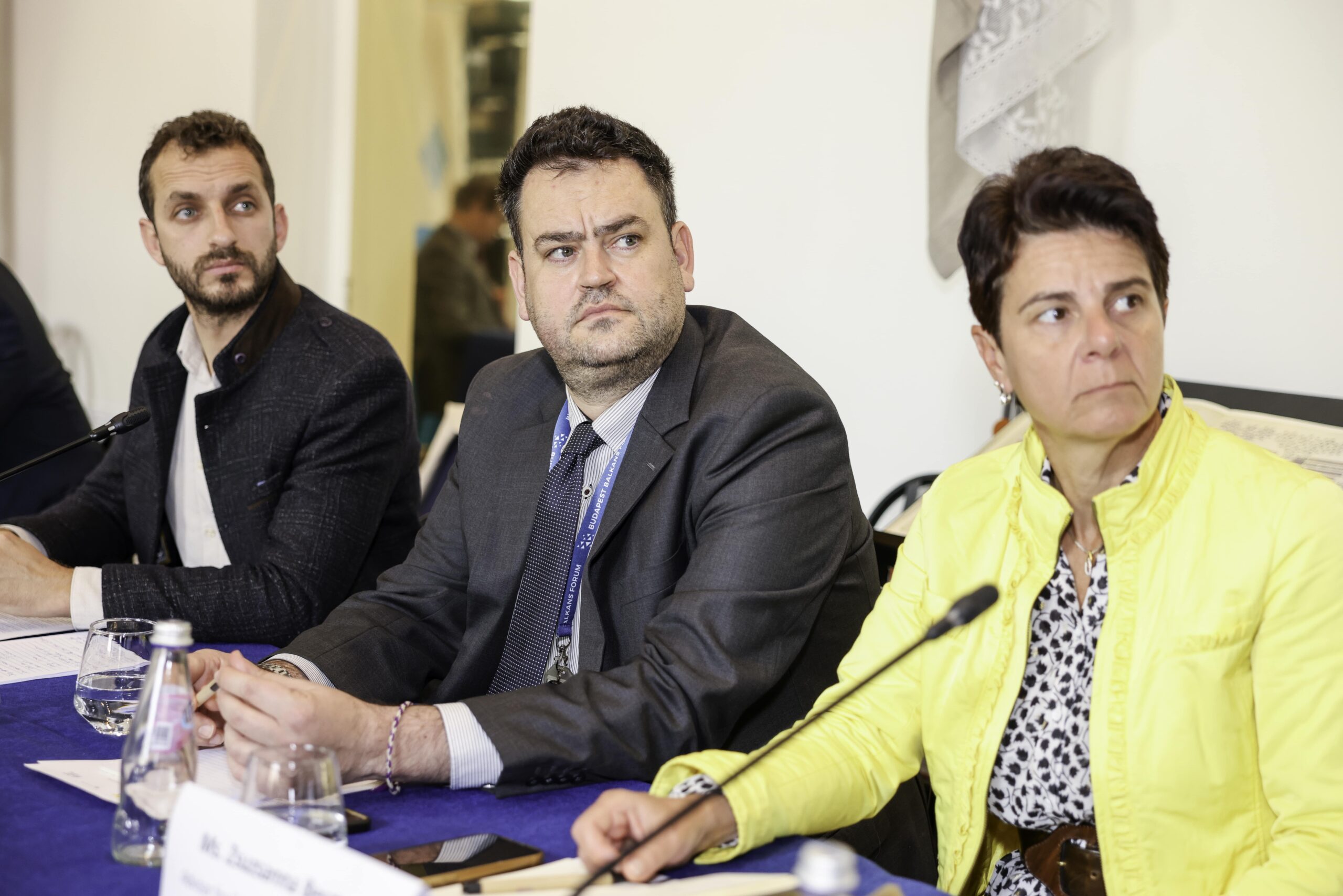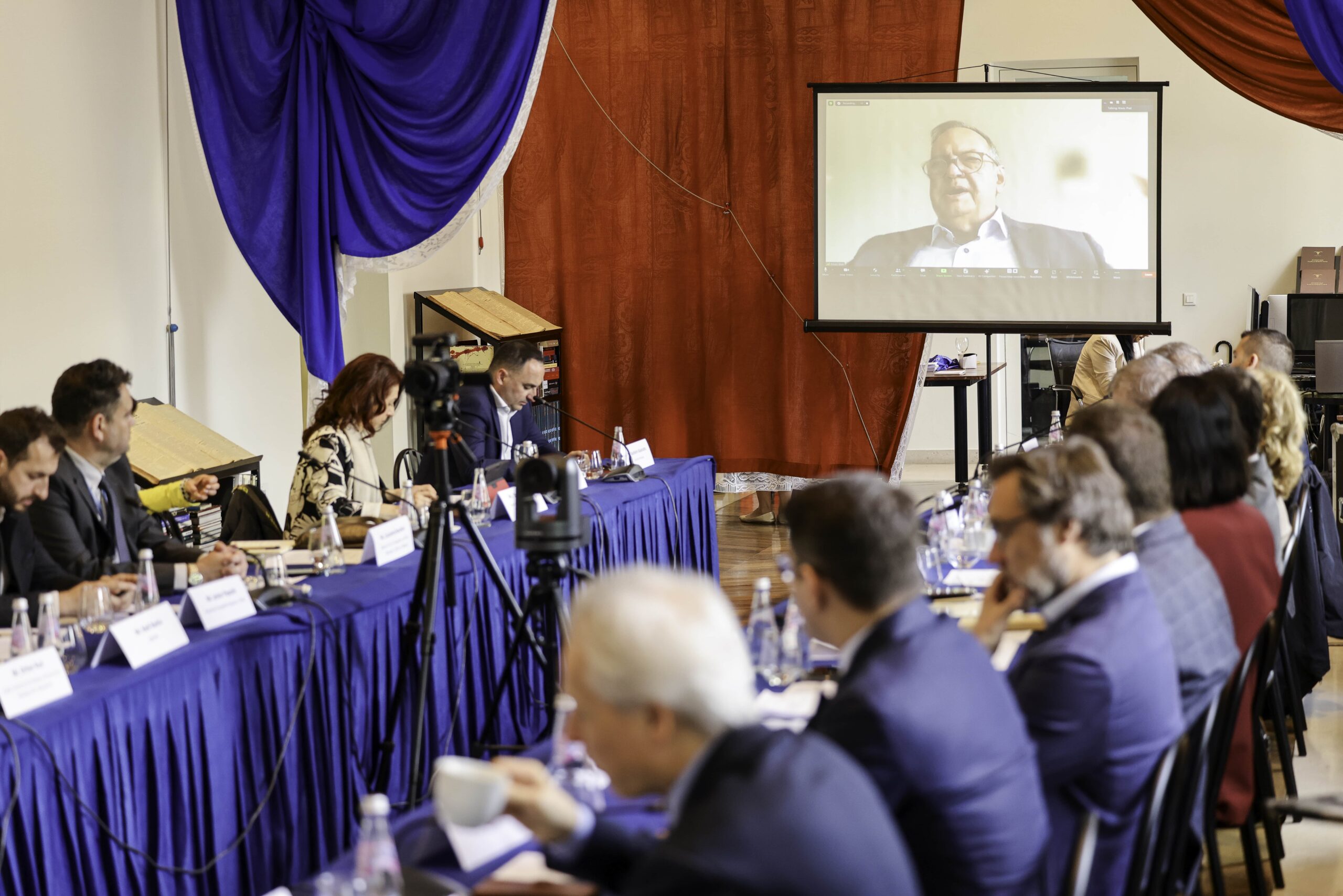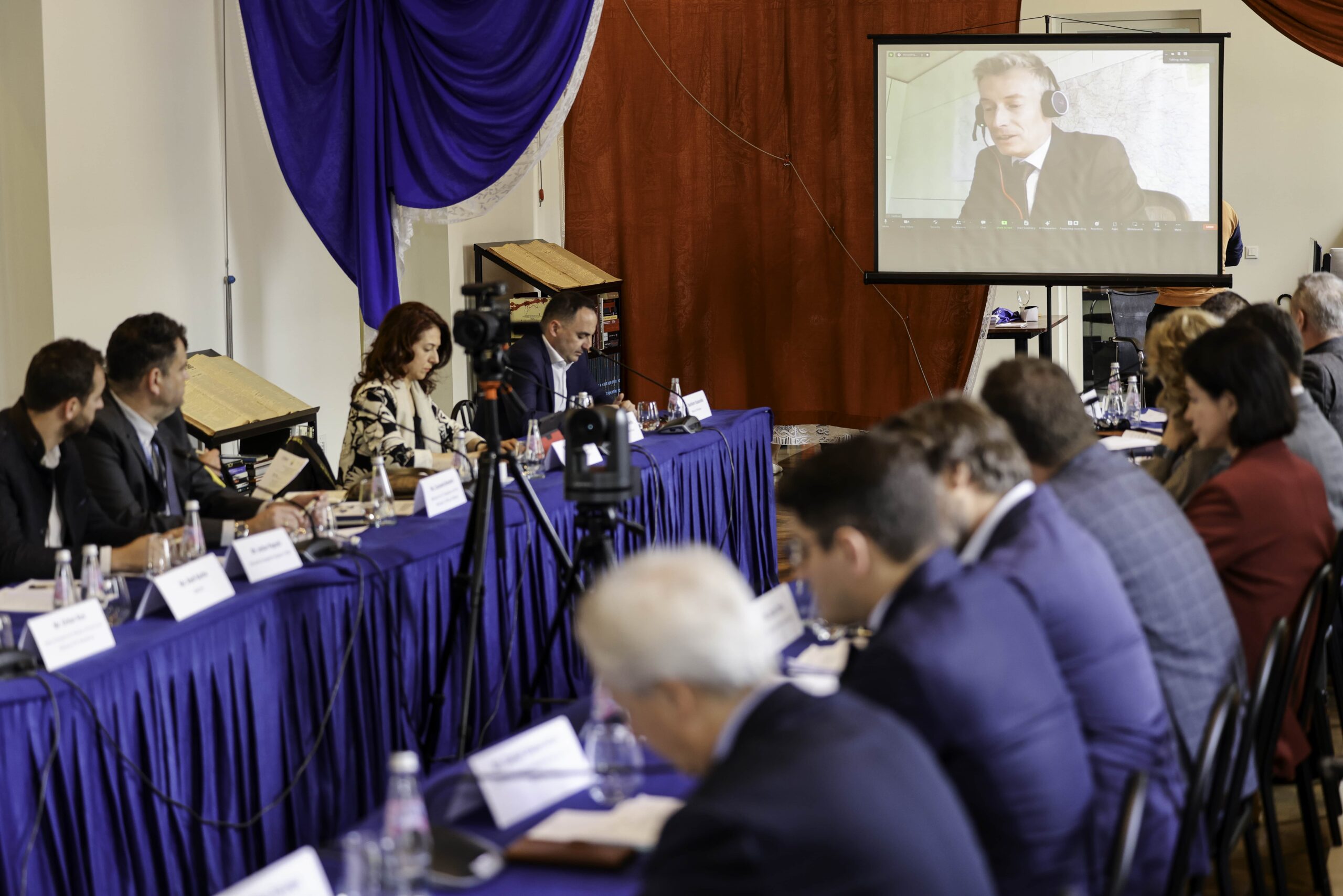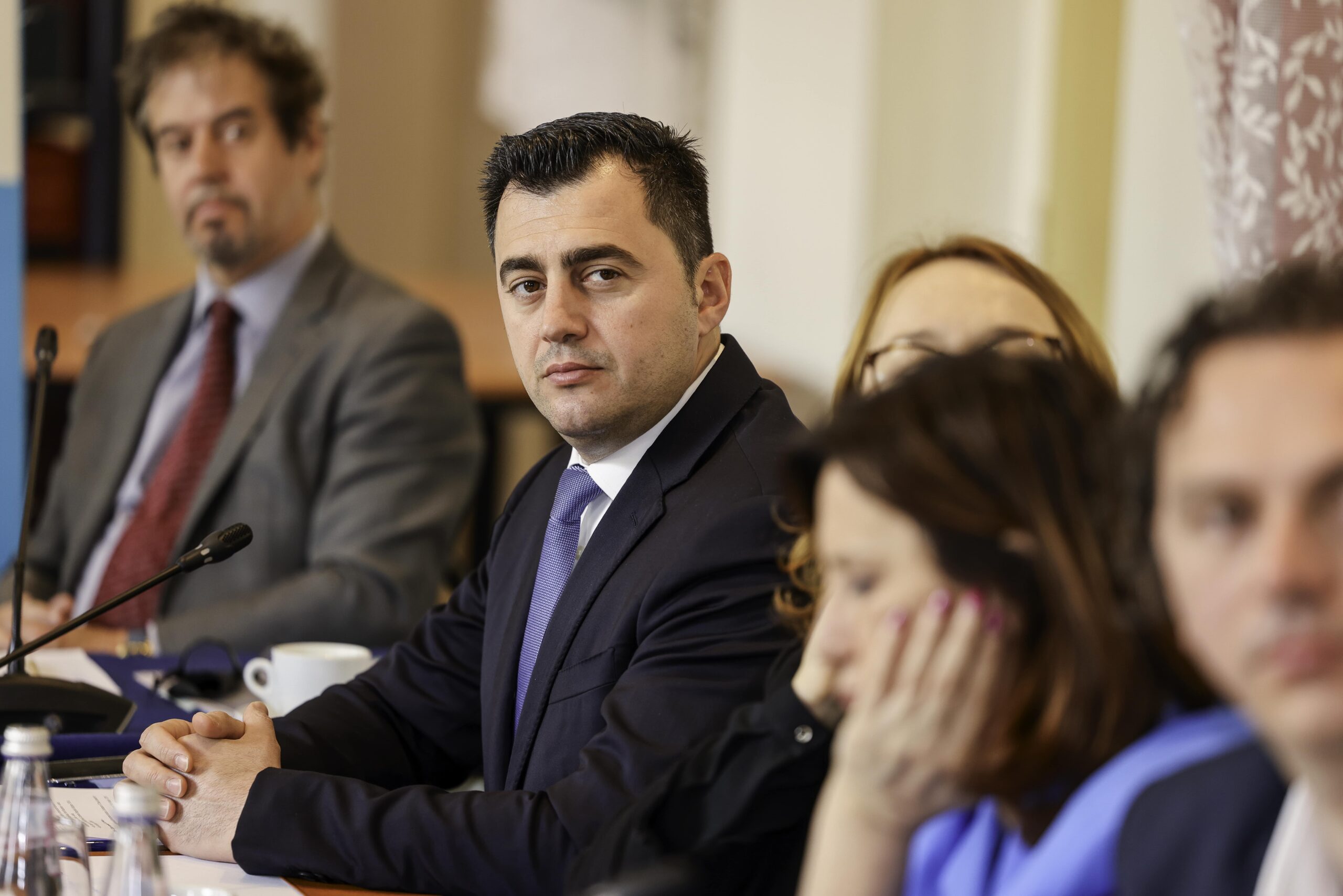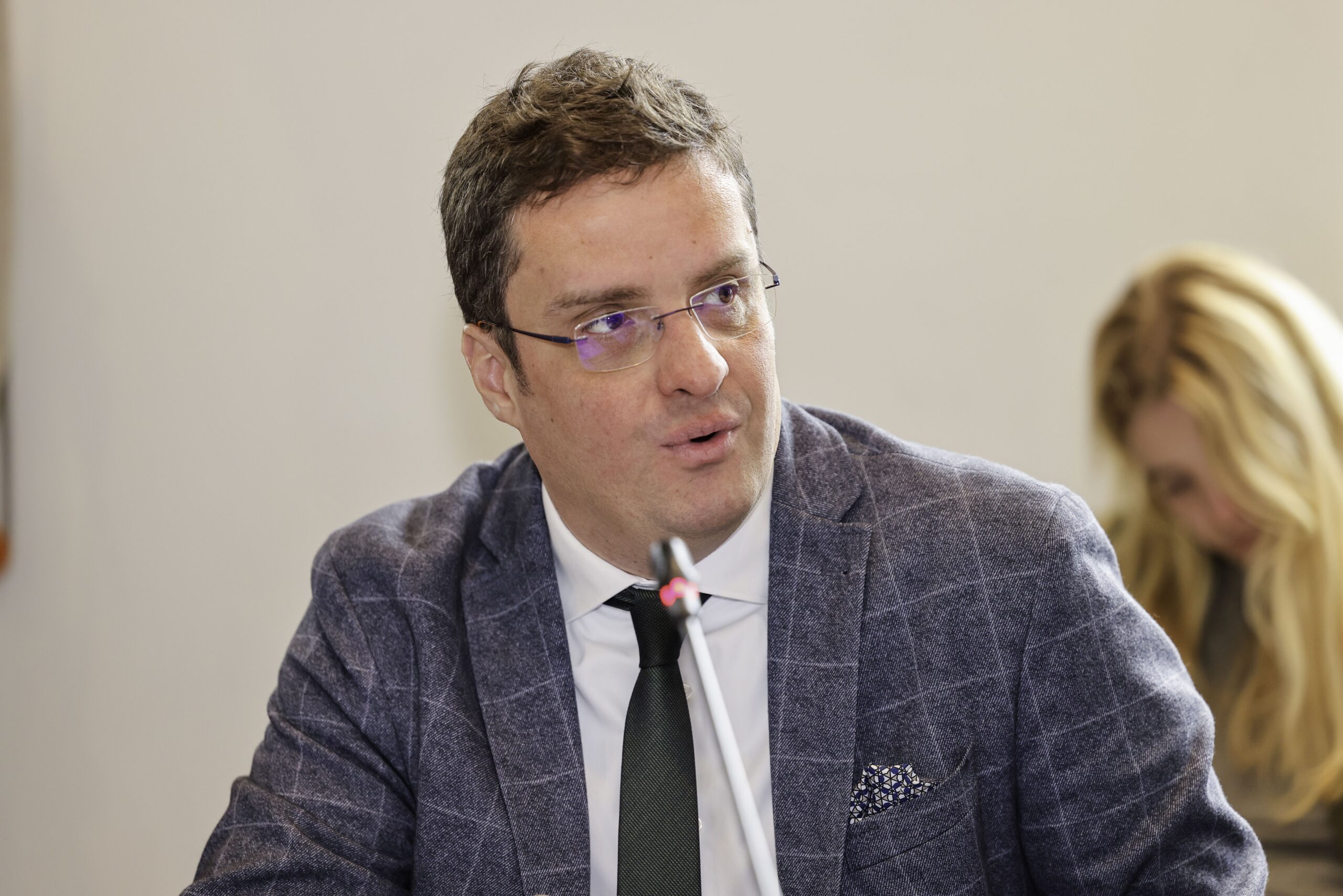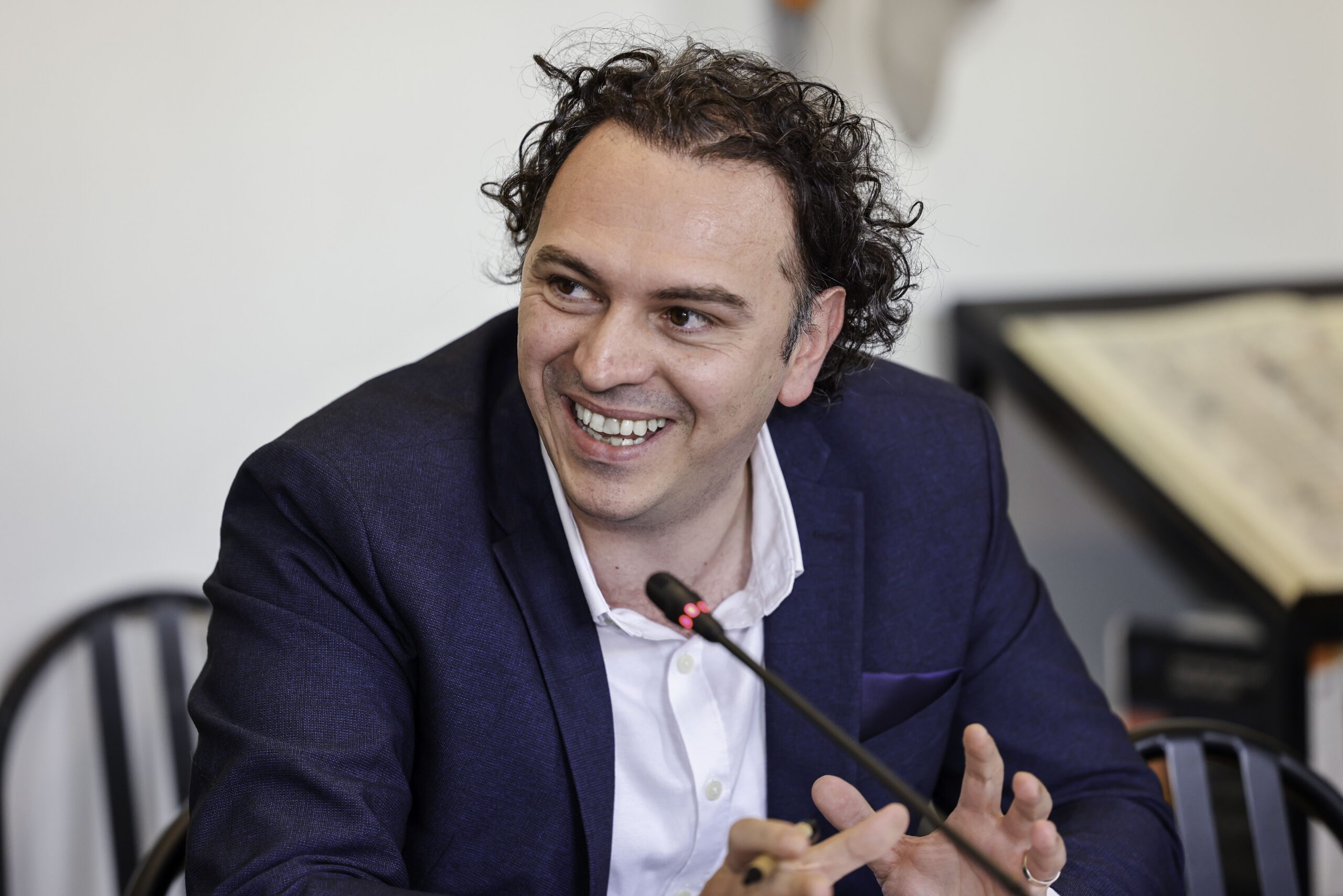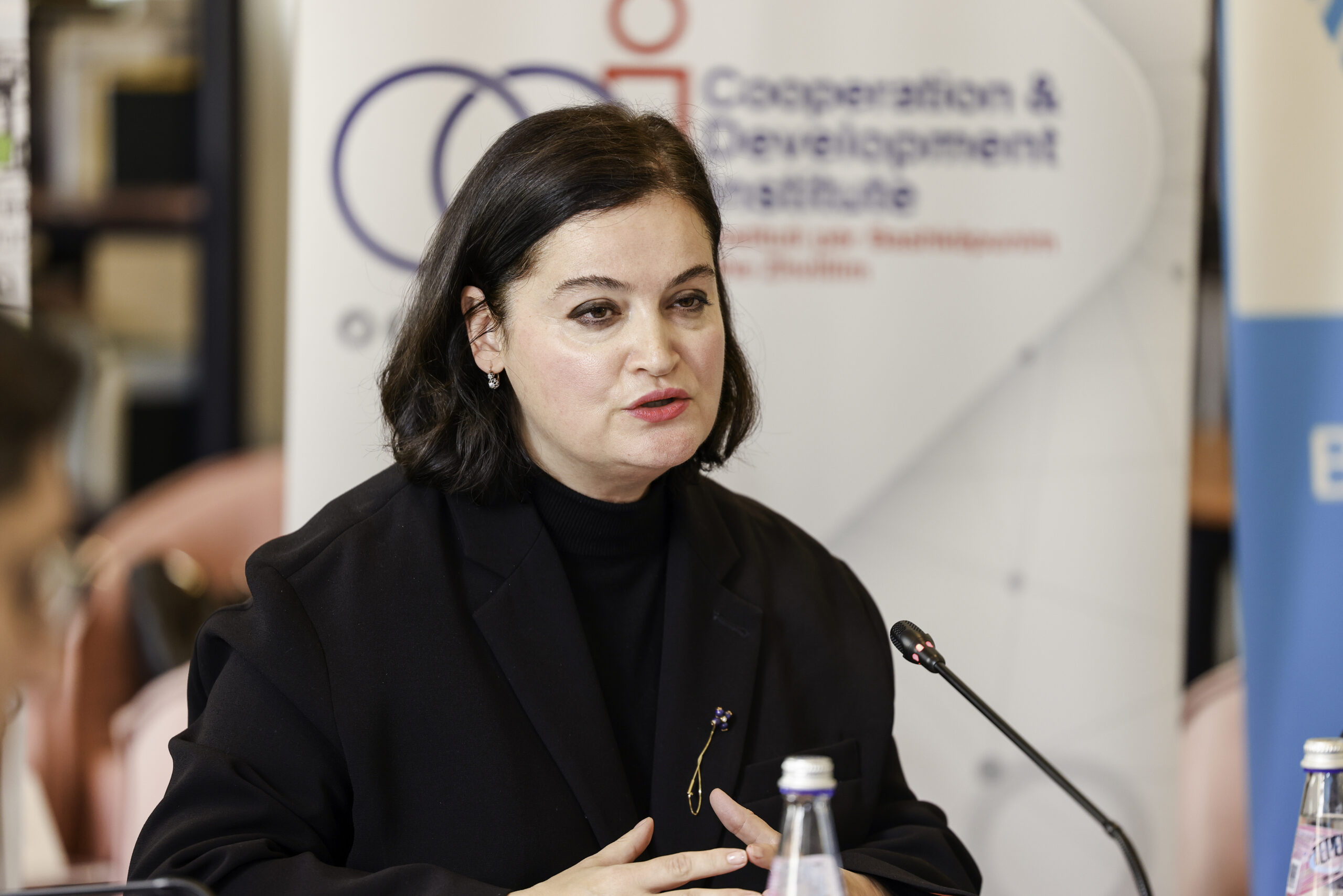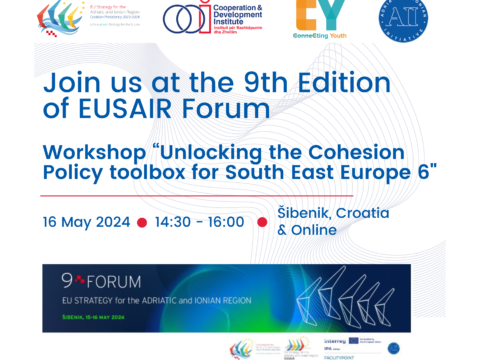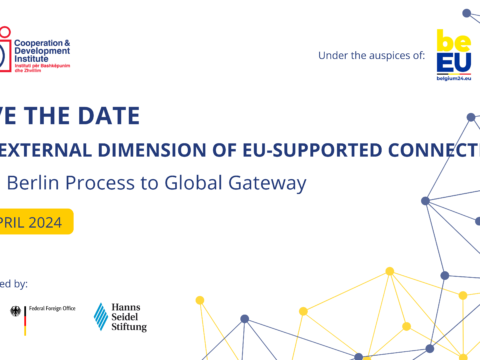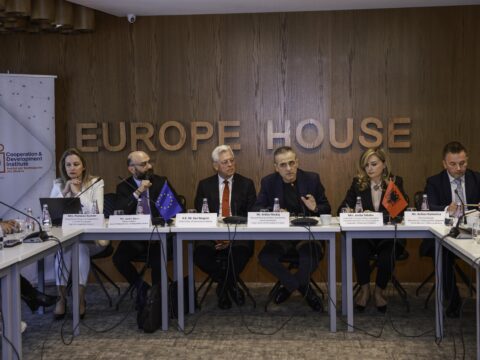24 April 2024
Stakeholders call for a knowledge repository and information exchange platform
Tirana, 24 April 2024 – Since 2015, the EU has co-financed over 85 connectivity infrastructure projects across the Western Balkans, totaling 7.7 EUR billion in grant support (besides loans). Six of these projects are integral to the EU Global Gateway – the new European strategy to boost smart, clean and secure links in digital, energy and transport sectors and to strengthen health, education and research systems across the world.
The Western Balkan countries experience holds unique insights for the EU and for its Member States. Following a decade of engagement in the region, infrastructure projects backed by the EU offer valuable lessons that can be applied to other areas worldwide under the Global Gateway initiative. Knowledge gained can improve planning procedures, tackle social impacts linked to infrastructure investments, and strengthen their connections to reforms and the enlargement process in the Western Balkans.
Initiating a discourse on this subject, a half-day conference titled “The External Dimension of EU-supported Connectivity: From Berlin Process to Global Gateway” took place in Tirana, under the auspices of the Belgian Presidency of the EU Council.
Throughout the conference, representatives from the EU, Western Balkans, think tanks, international financial institutions, regional and national cooperation structures, shared knowledge and lessons learned from their experiences. They urged the establishment of a knowledge repository and information exchange platform to facilitate stakeholders’ information needs and support countries seeking to leverage the Global Gateway initiative.
In his opening address, Belgian Ambassador to Albania Frédèric Meurice affirmed that the conference’s outcomes will shape recommendations for the forthcoming Commission on the Global Gateway.
German Ambassador to Albania, Karl Bergner, emphasized the imperative of more frequent and inclusive dialogues on the subject, in addition to the Berlin Process Summit.
Addressing the crucial need for alignment between connectivity initiatives and national reforms, Deputy Minister of Infrastructure and Energy, Enkelejda Muçaj, underscored the necessity for accelerated and enhanced EU financing mechanisms.
Mathieu Bousquet from DG NEAR stated that Global Gateway brings in policy reforms, regulatory action and investments, emphasizing forthcoming steps aimed at stimulating sectoral reforms in the Western Balkans.
Carlos Buhigas Schubert, expert in International Relations and European Policy, pointed out the lack of understanding specific needs of countries benefiting from the Global Gateway and advocated for enhanced involvement of the private sector.
Participants highlighted the need to bring to Brussels these discussions and to review Global Gateway’ priorities.
The event is part of the Berlin Process Spring Series and was organized by the Cooperation and Development Institute, with support from the Belgian Ministry of Foreign Affairs, Hanns Seidel Foundation, and the German Federal Foreign Office.



